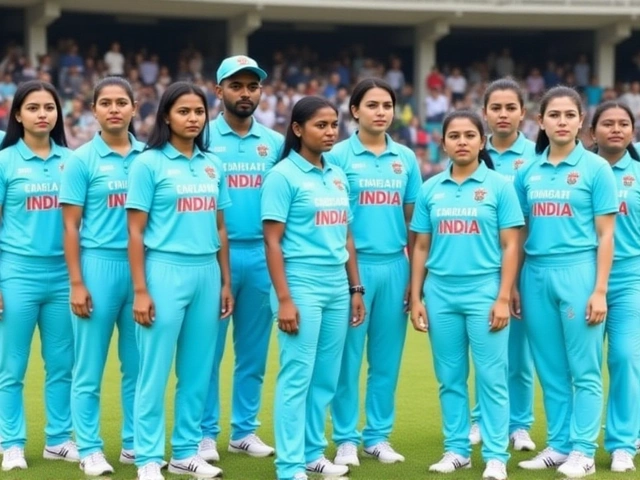Ticketing Controversy: A Straightforward Look at the Issue
When you hear the phrase “ticketing controversy,” you probably think of angry fans, sky‑high prices, and sold‑out shows that never seemed possible. In simple terms, it’s a clash between the people who want to attend an event and the systems that sell those tickets. The dispute can involve bots, resale platforms, or outright fraud, and it affects concerts, sports games, theater, and even festivals.
Common Triggers of Ticketing Controversy
Most controversies start with three main problems: overpriced tickets, limited availability, and lack of transparency. Bots are computer programs that scoop up large blocks of seats the moment they go on sale, leaving real fans with nothing but a waiting list. Resale sites then flip those tickets at double or triple the original price, turning a simple purchase into a profit‑making scheme. Add vague refund policies and you have a perfect storm for outrage.
Another frequent trigger is the use of “dynamic pricing.” Organizers change ticket costs based on demand, which can feel unfair when a friend pays $50 for a seat while you end up paying $200 for the same spot a few minutes later. Fans see this as a cash grab, especially when the event’s popularity spikes unexpectedly.
How to Protect Yourself When Buying Tickets
First, stick to official vendor sites. Check the URL for the event’s official promoter or venue. If it looks like a third‑party marketplace, read the seller’s ratings and return policy before you click “buy.” Second, set up alerts for ticket drops. Many fans create calendar reminders for the exact release time, then log in early with a verified account.
Use a payment method that offers buyer protection, like a credit card, rather than a direct bank transfer. This gives you a chance to dispute charges if the tickets turn out to be fake. Also, keep screenshots of the transaction and any email confirmations—these can be useful if you need to prove fraud.
If a deal looks too good to be true, it probably is. Extremely low prices, especially on social media, are a red flag. Scammers often post cheap tickets with a sense of urgency, pushing you to act fast before you can think it through.
In case you end up with a bogus ticket, act quickly. Contact the seller for a refund, then open a dispute with your payment provider. Report the fake listing to the platform where you found it; many sites have a “report fraud” button that helps shut down the scammer.
Legislation is catching up, too. Some regions now require resale platforms to display the original price and limit how much a ticket can be marked up. While enforcement varies, knowing your local consumer rights can give you extra leverage.
Looking ahead, new tech like blockchain ticketing promises a transparent, tamper‑proof record of ownership. Early adopters say it could cut out bots and make resale fairer. Until that’s mainstream, the best defense remains vigilance, buying from trusted sources, and staying informed about the common tricks used in ticketing controversies.
Bottom line: ticketing controversy isn’t a mystery—just a mix of high demand, outdated systems, and profit‑driven actors. By understanding the triggers and following these practical steps, you can enjoy the events you love without getting burned by surprise costs or scams.

Coldplay adds Mumbai tickets, sales start 4 pm IST Jan 11 via BookMyShow
Coldplay adds extra Mumbai tickets for their Jan 2025 stadium shows; sales open at 4 pm IST on Jan 11 via BookMyShow. Fans face a random queue and four‑ticket limit.




